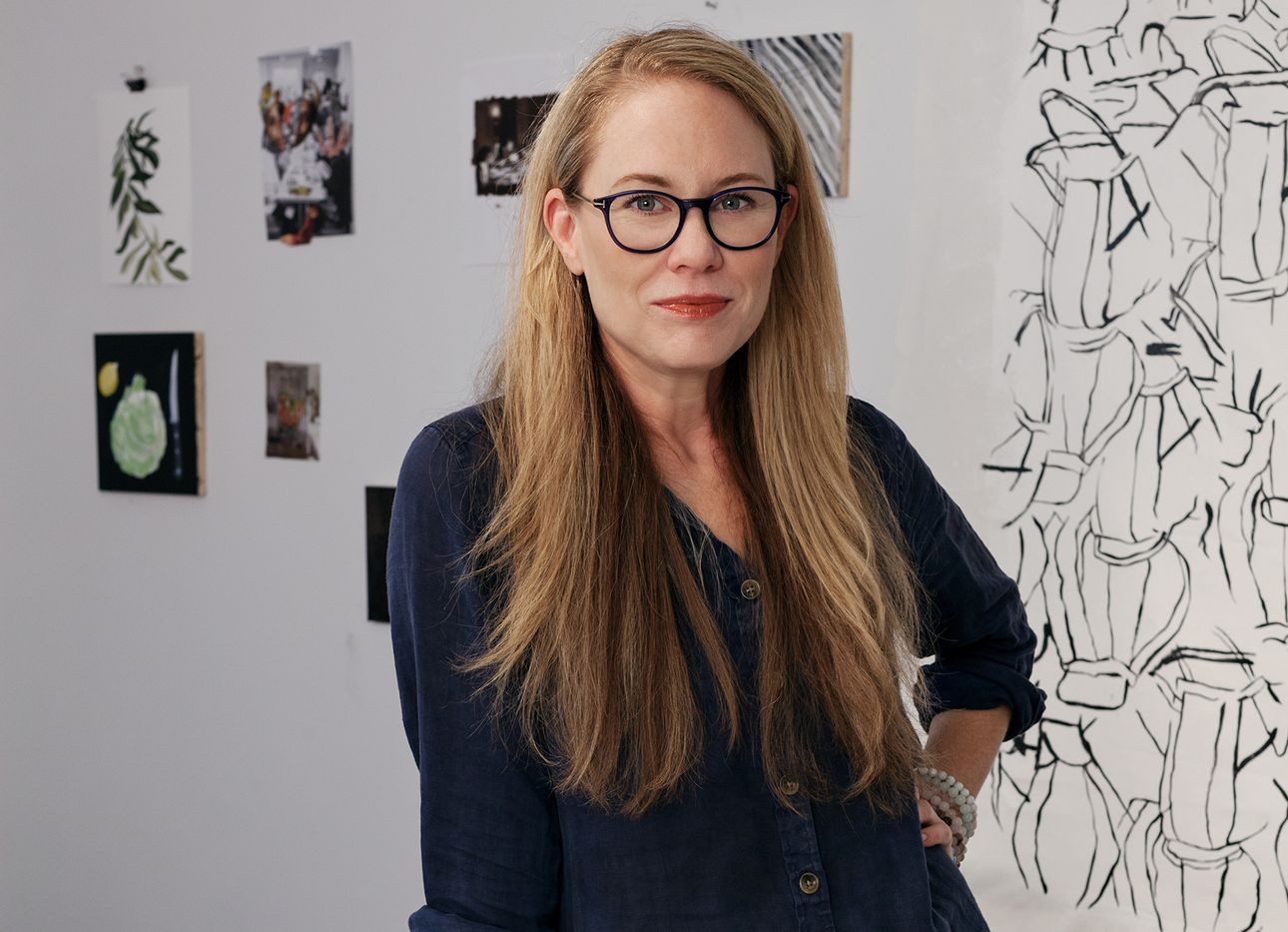
This Olfactory Expert Is Amassing a Vocabulary for Smells
Catherine Haley Epstein, author of Nose Dive: A Book For The Curious Seeking Potential Through Their Noses, is an artist and curator who specializes in scent and the ways our brains register it. Last year, with olfactory historian Caro Verbeek, she founded Odorbet, an ever-growing online database of terms they collect from various sources to describe smells. It also includes invented expressions submitted by Odorbet contributors, such as “doppelspritzer” (a person wearing your perfume) and “silfage” (the act of admiring one’s own scent). Taken together, the project’s vocabulary gives form to fragrance while drawing attention to the lack of words in the English lexicon to detail what our noses detect. We recently spoke with Epstein about the importance of defining scents, and why doing so helps us better understand the world, and ourselves.
Why should we describe smells in nuanced, specific ways?
Scent is incredibly powerful—but we don’t really have words for it. If you picked up a neurology textbook ten years ago, there were zero [sections] on smell. It’s always been this underdog of a sense. Adding words to the process of smelling, and to actual smells, gives more credence to the sense. People start to relate to it. Instead of describing a scent as “smelly” or “stinky,” using more specific words can make that conversation last a little longer, and draw more attention to our sense of smell.
How does Odorbet go about finding and developing the right terms?
I purposefully tend to not look at the fragrance and flavor wheels [that are commonly used by the industry]. I give myself permission to describe things with words like “musky-humid”—“humid” isn’t on the fragrance wheel, but it’s definitely a sensation.
Odorbet provides a structure in the way that a fragrance wheel does, and offers a new system for its descriptions to live within. Our database includes all of the six-hundred-plus formal descriptors that the industry uses, but I’ve been hesitant to put them on our website because they’re what people are used to seeing. Keeping Odorbet open, playful, and far away from the industry is most important. The more interdisciplinary the project is, the more success it will have.
What are some of your favorite scent-related words?
There’s the French expression mise-en-senteur, which refers to a “scented composition” and is derived from the [stage design] concept of a mise-en-scène. It was used to describe an immersive theater performance directed by the artist and poet Paul-Napoléon Roinard in 1891 [where he pumped scents into the auditorium and balcony using hand-held vaporizers].
I also like thinking about “odorprints” [the unique fragrance that each of us naturally has] in a forensic way. Just as our fingerprints are unmistakably ours, so is our scent. It’s something we can’t cover up—and is as much of a trail as a perfume might be. Exploring invisible traces of odorprint networks could be fascinating.
Beyond having words to describe certain scents, why is cultivating an awareness of smell important right now?
Humans have evolved in such a way that we used to be all body, doing and making things with our hands. Then we invented machines, which took the weight off of our bodies, and then computers, which give our prefrontal cortexes [the part of the brain that’s responsible for decision-making and rational thought] a vacation. We don’t have to do all the computing we used to do. Our focus has gone to our limbic systems [the part of the brain involved in emotional and behavioral responses]. Today, we’re limbic-system junkies—and the fastest way to tap into it is through smell. So scent is very important for people and their well-being, whether they’re conscious of it or not.